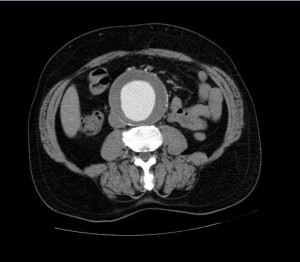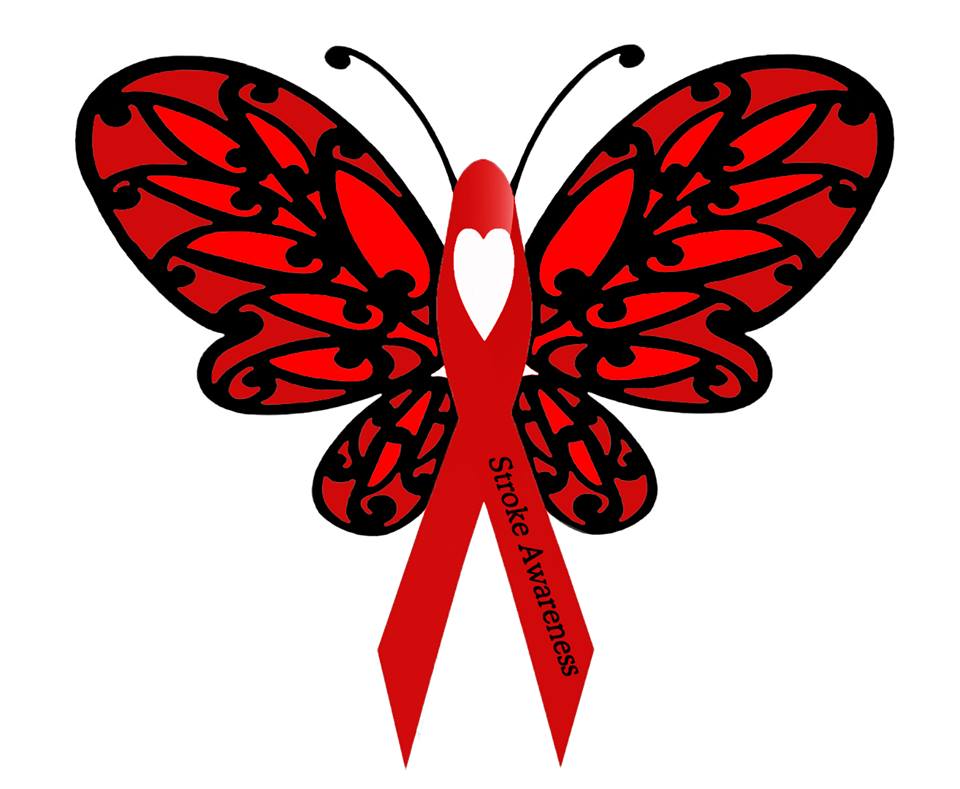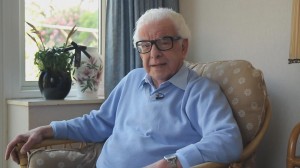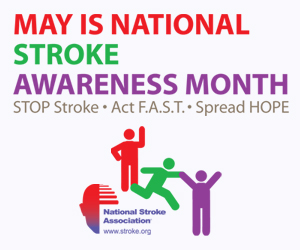You’re good at taking care of your body, you eat healthy foods, and you exercise, and try to establish a healthy lifestyle. However, are you good at taking care of your brain? This article brings you all the important things you should keep in mind for optimal brain health.
- Physical activity is essential for brain health
Physical activity is important for overall health. It helps you lose weight or maintain the healthy weight you already have, and it’s good for your heart as well. But benefits of physical activity go beyond that, it’s of crucial importance for the optimal brain health. In fact, regular aerobic exercise boosts your daily intellectual performance and significantly lowers risk for dementia. Even just walking for 30 minutes can do the trick.
- Losing weight means keeping healthy memory
What you eat directly impacts your brain as well. After all, your brain requires vitamins, minerals, and other nutrients to function properly. A healthy diet is associated with lower risk for dementia. Furthermore, healthy weight with a low ratio of body fat lowers your risk for memory disorders. And the best thing is you don’t need to buy some supplements or other products to improve your memory. You can do so by consumption of fruits, vegetables, and other healthy foods such as foods rich in Omega-3 fatty acids. Additionally, reduce consumption of alcohol and caffeine.
- Challenge your brain to improve focus
We all experience loss of concentration and focus from time to time, particularly when we study for an important exam or try to finish an important work project. The truth is, healthy brain and focus go hand in hand. To be able to concentrate and focus on everything you do, you have to make sure your brain is healthy and strong to process information. One way to do so is through mental stimulation. To function properly, your brain needs to be challenged. You can train your brain and improve your focus in number of ways, such as:
- Crosswords
- Sudoku
- Puzzles
- Start with creative part of work or assignment or simply, do something creative e.g. draw, paint, create
- Turn off all distractions
- Learn a new language
- Explore, investigate
- Take up a new hobby
- Go to a museum
- Meet new people.
- High blood pressure is equally harmful to your brain as well
High blood pressure is a quite common condition in which the long-term force of the blood against your artery walls is abnormal. Hypertension affects 74 million Americans, which is 1 in 3 adults. It is also responsible for every six deaths in American adults according to the Harvard Medical School. It is largely believed that high blood pressure has damaging consequences on your heart only.
Because hypertension involves heart and blood vessels, it is classified as a cardiovascular disease, but arteries are essential for the health of all our organs, which means that hypertension can be defined as multisystem disease. It can impact your brain, kidneys, eyes, and especially the brain. One of the most severe consequences of hypertension is a stroke. Noticing symptoms of high blood pressure and consulting your doctor can save your life.
Symptoms of high blood pressure include:
- Headache
- Shortness of breath
- Nosebleed in some cases.
In some cases, individual doesn’t even experience some symptoms of hypertension that is of extreme importance to control your blood pressure regularly. Furthermore, healthy lifestyle is the best way of preventing hypertension and possibly stroke.
- Know how to recognize symptoms of stroke
Learning to recognize symptoms of stroke in yourself or other people is highly important. Getting early treatment can minimize the damage and save your life. Symptoms include:
- Sudden weakness
- Sudden problems speaking or understanding
- Sudden vision problems
- Sudden dizziness
- Sudden severe headache.
- Persistent dizziness shouldn’t be ignored
Although dizziness doesn’t always mean something is wrong, in some cases it could be a symptom of the underlying problem. If you experience persistent dizziness make sure you see your doctor who will make a diagnosis and inform you whether the problem is your brain or some other organ in your body.
- Reducing stress and positive thinking are brain healthy
Positive thinking isn’t just an excuse for motivational speakers to earn more money. Thinking positively can have a beneficial impact on your brain. If you believe you have a good memory or that you can improve it, then you will. Scientists explain this phenomenon with the fact that positive thinking reduces stress.
Chronic stress destroys healthy brain cells and disrupts your memory among many other things. Finding your unique way of keeping stress at bay is of extreme importance for your brain health.
Video:
Conclusion
To stay functional and healthy, our brain requires healthy lifestyle. Eating healthy foods and regular physical activity can protect the body and the brain from various diseases. Remember to challenge your brain to keep it sharp.
References
Author Bio
Kathy Mitchell was born and raised in the USA. She has done MA in English literature. She loves to write articles on health and beauty. Also she is contributing to consumer health digest since 2011.Her articles are both professional and creative. She loves to read health product reviews online. You can contact her on Facebook and Twitter.





